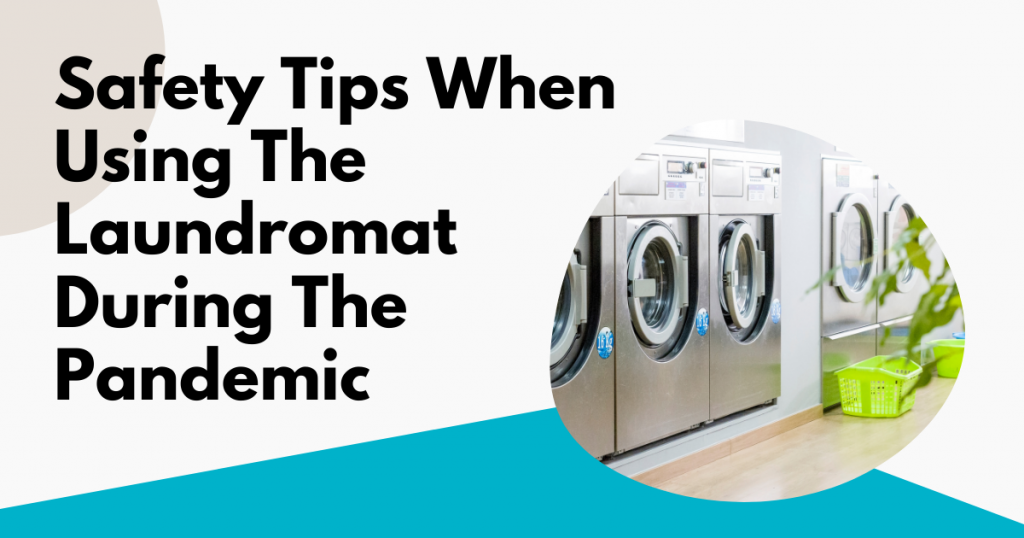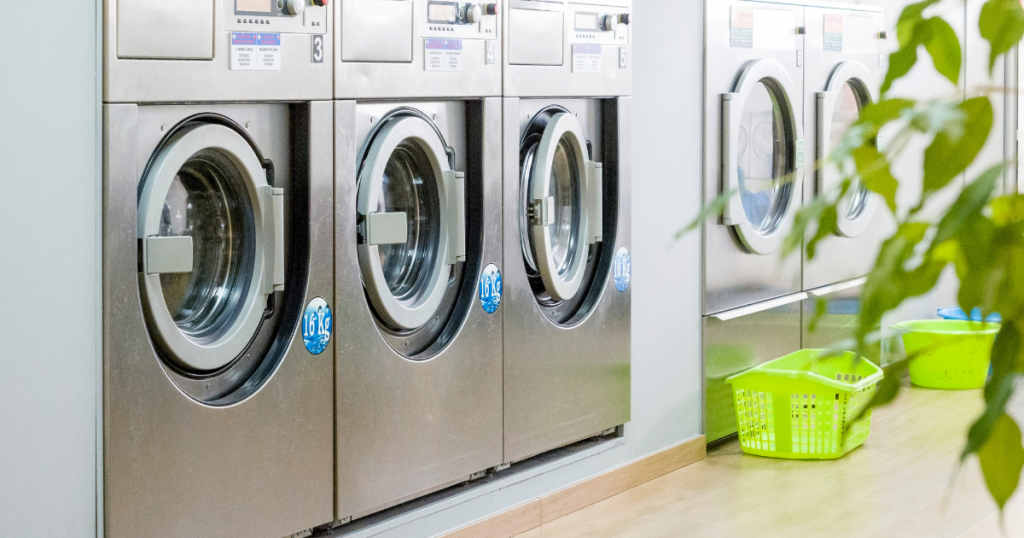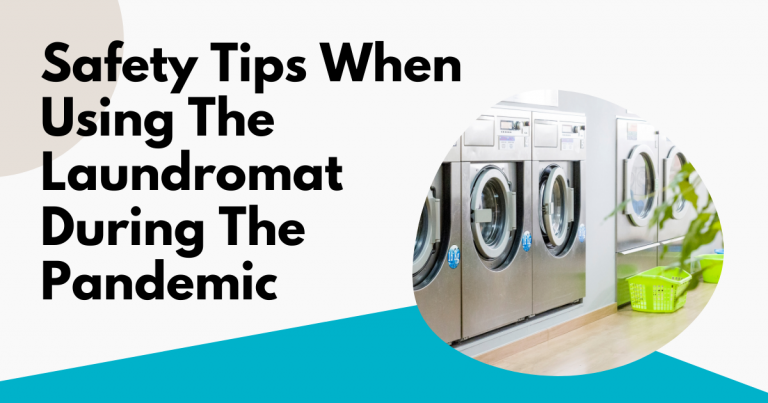
The onslaught of COVID 19 has affected our day-to-day living. CDC Director Rochelle Walensky informed the public that their models show that if people don’t get vaccinated, the cases could surge up to hundreds of thousands a day. Moreover, the CDC has recently released updated guidance for fully vaccinated people. The agency recommends that everyone still needs to wear a mask, regardless of vaccination status. Public health is again at high risk. The Delta variant of COVID 19, which is a lot more transmissible, currently makes up about 80% of the cases in the US.
Although most businesses have closed their doors to the public, laundry services are still open in many states. The service offered by laundromats is essential. Not everyone has access to a laundry machine at home. You may be living in an apartment and are often going to laundromats or are using a shared washing area with other tenants. In that case, here is some guidance on how you can still wash your clothes safely.
Is It Safe To Go To The Laundromat?
It is safe to go to the laundromat provided you observe the recommended guidelines by the authorities. Specifically, the key to observing safety in laundromats or shared laundry areas are simple: social distancing, wearing masks in public spaces, and frequent handwashing.
It has been identified by the CDC that the coronavirus spreads through respiratory droplets from a sick individual. So it is really helpful to be cautious when dealing with person-to-person interaction in public.
If you need to go outside, practice social distancing. It’s a safe practice to limit your exposure to other people. If possible, try doing your laundry during off-peak hours to make sure the area isn’t crowded. You might also want to call your laundromat first to ask if there are a few customers at the moment or if the facility is open.
Laundromat Safety Tips During The Pandemic

Here are more safety precautions on how you can do the laundry in a laundromat or shared laundry rooms in your apartment building.
- Before you leave your room to do the laundry outside, grab some disposable gloves and a disinfectant with you.
- Wash your hands thoroughly with soap and water and put on your gloves. Now take out that disinfectant and wipe all the controls and handles of the machine you will be using. Remember to clean and disinfect the area in one direction. This is to make sure you don’t spread any left-behind-virus on the surface.
- Do not shake your laundry especially if one of your household members has COVID 19. This is to prevent the virus from spreading in the air.
- Do not put your dirty laundry close to your body before washing them to avoid contact with any contaminated items. It’s also a good practice to let your soiled laundry sit in the hamper for three days. The rationale behind this is that scientists at De Montfort University Leicester (DMU) have found that some fabrics like polyester can harbor the virus for an extended amount of time. Specifically, they can survive for up to 3 days.
- Therefore, it’s better to keep the dirty laundry untouched for about three days to make sure the pathogens have died off.
- After you wash your clothes, take off your disposable gloves and throw them away. Then make sure to wash your hands again with soap and water.
- Take home your fresh and dried laundry and fold them there. Folding your laundry at home will prevent you from touching tabletops found in the laundromat.
- You can also opt not to go outside and use a drop-off and pick-up laundry service for your laundry to avoid interacting with other customers. You should also bag your dirty laundry and wait for three days before you send them to be cleaned. This is also to help protect the health of the laundromat workers. Once you receive your clean laundry, set them aside for three days again. After the said period, you can now safely store them inside your drawers.
In Conclusion
Practicing safety precautions inside or outside your home is a public health responsibility. Always practice the safety tips mentioned above when you are doing the laundry outside the comforts of your home. This is to protect not just yourself but others who may be using the facility as well.
Want to share this?

